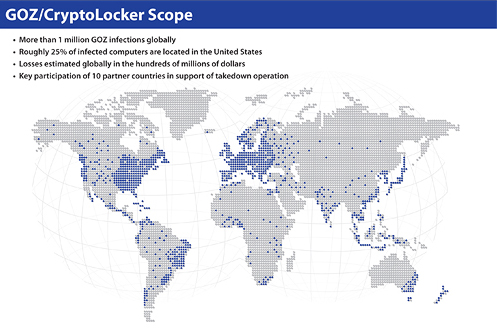“Have you tried restarting your computer?”
is “Try disabling your antivirus.”
The primary purpose of an antivirus software is to protect your PC from computer virus and malwares. It is however, a well-known industry secret that its products don’t always protect your PC from viruses. As a professional IT consultant and the default IT guy to friends and family, I have helped clean viruses and malware from a numbers of PCs that were already running some sort of antivirus.
So if the antivirus isn’t always protecting you from viruses, what is it really doing?
Here are a few things I think it does, in some cases, really really well.
Annoying notifications
Constant pop-ups with sound notifications telling you it’s everything it does, like updating its database, scanning the PC, allowing or disallowing programs and the list goes on. But none of that compares to the noise it will make as it gets closer to renewing your subscription.
Blocking software installations/configurations
For a vast majority of software, it is not just recommended but required that you disable your antivirus before you begin installation. Installing something without first turning the antivirus off can be a grave mistake. I do speak from experience.
Randomly restricting Internet access
This one is a pretty cool feature. Everything could be working in perfect harmony but suddenly on one fine morning when you’re trying to check your emails or get online to read the news you can’t seem to connect. Your Skype is working fine so the Internet is not the problem. You restart your computer but still the same. Disable the antivirus and everything is back to normal. What happened? Your antivirus was updated last night and things got a bit weird is all.
Slowing your computer down almost to a halt
There are two levels of this feature. First one, is a general slowing down of your PC. It’s done so well, you’ll hardly notice. “It’s always been that way” you say, yet when others use your PC they seem a tiny bit frustrated.
I know what you’re thinking now, “So he’s saying we shouldn’t use antivirus at all?? Is he nuts??”
You’re damn right I am! Well only about not using the antivirus bit. As for me being crazy, first here me out and see my suggestions below.
Online security starts with you
If you clicked on dubious links on emails or installed “free” software without verifying the source, you will be infected no matter how good your antivirus is. One of the main reasons antivirus is not just unsuccessful but also annoying, is that it’s trying to not just protect but also compensating for the operator’s lack of awareness. Be hyper alert while clicking on linking by checking where they are actually taking you. Also thoroughly verifying the source before downloading and installing software.
Operating systems and web browsers have come a long way
Apple’s Macs do continue to remain largely virus and malware free. Windows 7 and especially Windows 8.1 are generally very secure operating systems. They come with a host of integrated security features like built-in firewall and Defender (formerly Microsoft Security Essentials) the inbuilt windows antivirus. While browsers such as Google Chrome, Safari and Firefox are immensely secure and reliable, even Internet Explorer 11 is now extremely secure.
I gave up on expensive antivirus software many years ago. The idea of yearly subscriptions for a software that was causing more pain than gain all in the name of perceived security wasn’t working for me. Just to be clear though, giving up the antivirus is probably more suitable at a personal level rather than at a corporate level.
What’re your experiences with antivirus? Do you think not using antivirus is crazy or reckless?
This article was written by Austin D'Mello, Managing Partner of Vocatys, an emerging technology consulting company. If you liked this article please share it with your network. You can also subscribe to the monthly Vocatys newsletter by emailing us at [email protected].




 RSS Feed
RSS Feed